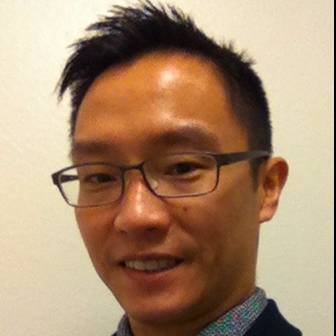Wee Kiat Lim
Abstract
My dissertation traces the genesis and growth of the Chinese emergency management organizational field over the ten-year period since the 2003 Severe Acute Respiratory Syndrome (SARS) outbreak. I conducted my fieldwork in Beijing in 2012, using a multi-method approach that involved interviews, participant observation, and analysis of archival materials.
I found that governing elites and academic experts within the emerging field—what I call the “establishment”—relied upon insider cultural knowledge (e.g., myths) and party-state ideologies (e.g., communist folklore) to legitimize a new risk governance framework and create an emergency management policy domain separate from existing domains. The emergency management establishment enabled these legitimizing claims through its embedded position in government and academia. By using a strategy of curation, it carefully (re)assembled culturally-accepted accounts and ideas, both indigenous and adapted from afar, to create its claims. By becoming institutional evangelists, academic experts in particular entrenched the risk governance framework and propagated the ideas that helped form the field by advocating, advising, and training government officials through multiple field organizational entities.
By also incorporating Foucault’s concept of governmentality, I found that the legitimacy project conducted by the establishment consisted of shaping the conduct of emergency management government officials according to its own risk governance framework. This expands current Foucauldian studies on governmentality by highlighting that not only the general population but also elites can be subjected to governmentalization. It also provides a more nuanced reading of the “hollowing of the state” thesis by highlighting how the Chinese party-state strengthened its role as the legitimate emergency manager by including the civil society and the private sector, albeit in lesser roles.
My findings draw attention to the foundational quality of cognitive legitimacy vis-à-vis pragmatic and moral legitimacy, an area which has received scant discussion in the neoinstitutional literature. It also informs the understudied topic of the interrelated influences of power relations, ideas, and experts on emerging organizational field formation within neoinstitutional theory, especially in a non-Western context. Finally, my research updates current understanding of national emergency management policies in the international arena, and especially in China. (343 words)
Ph.D. in Sociology
University of Colorado Boulder
2014
Committee Members
Kathleen Tierney (Chair)
Jennifer Bair
Isaac Reed
Timothy Weston
Peijun Shi
